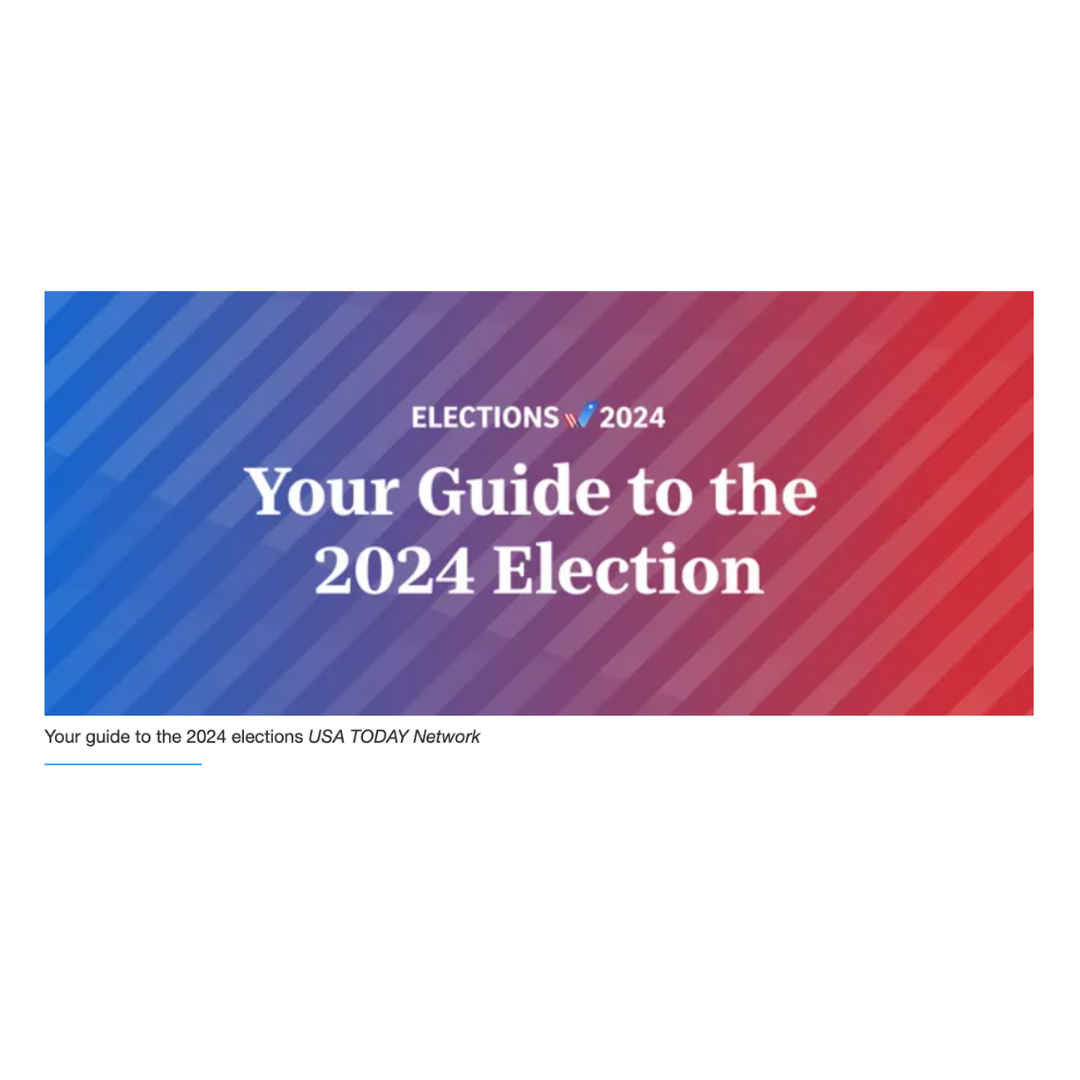September 15, 2024
Salem Statesman Journal
Oregon election guide: These 5 ballot measures will be decided in November

Key Points
-------
Measure 115 would create an impeachment doctrine in Oregon's Constitution
Measure 116 would create a compensation commission to evaluate and set salaries for district attorneys, legislators and statewide elected officials.
Measure 117 would allow Oregonians to rank candidates for elected office instead of voting for just one.
Measure 118 would increase taxes on some corporations and distribute a "rebate' to all Oregonians, no matter their age.
Measure 119 would allow cannabis workers to unionize.
-------
Oregon voters will decide five ballot measures in November's general election. Legislators sent three measures to voters to decide and more than 117,000 residents signed enough petitions for two other issues to be voted on.
This is a snapshot look at the five ballot measures that will be decided by Oregon voters on Nov. 5.
Measure 115 — Create an impeachment doctrine in Oregon's Constitution
Oregon is the only state without an impeachment doctrine in its state Constitution.
Measure 115 was referred to voters unanimously by the Oregon Legislature during the session shortly after former Secretary of State Shemia Fagan resigned during an ethics investigation surrounding her acceptance of an employment contract with a private cannabis company at the same time her office was auditing the industry. Lawmakers said a doctrine was necessary to deal with any future scandals involving statewide elected officials.
The measure would amend the Oregon Constitution to give the Oregon House of Representatives the power to impeach statewide elected officials, specifically the governor, secretary of state, treasurer, attorney general and the Bureau of Labor and Industries commissioner.
Under the proposal, if two-thirds of the state representatives voted for impeachment, two thirds of state senators would need to vote in favor for a conviction.
The Oregon House would be able to impeach an official for “malfeasance, corrupt conduct in office, willful neglect of constitutional duty or other felony.”
A statement in opposition of the measure, penned by the Republican State Senate District 2 candidate Noah Robinson, will appear in the voter’s pamphlet.
Measure 116 — Creation of a compensation commission
This measure asks Oregon voters to establish an “independent public service compensation commission,” to evaluate and set salaries for the governor, secretary of state, treasurer, attorney general, BOLI commissioner, Supreme Court justices, legislators and district attorneys.
Currently, those salaries are established by the Legislature.
Lobbyists, officers, state employees, and immediate family members of officers, employees or lobbyists would not be allowed to serve on the commission. The exact membership of the commission is to be established by law.
The measure was referred to voters by lawmakers on a 21-4 vote in the Senate and a 47-3 vote in the House of Representatives.
Organizations including labor unions such as the Oregon AFL-CIO, Oregon AFSCME, SEIU Oregon and UFCW 555 say they support the measure.
Robinson has penned a statement in opposition of the measure.
Measure 117 — Ranked choice voting
Measure 117 endorses ranked choice voting. If approved, Oregonians would have the option to rank candidates in order of preference instead of selecting one candidate. The option would be available for the nomination and election of president of the United States, U.S. senators and representatives, and Oregon’s governor, secretary of state, treasurer, attorney general and BOLI commissioner.
The Secretary of State’s Office would be tasked with setting up a program to educate Oregonians about ranked choice voting.
If passed, the measure would apply to elections in 2028. Local governments that already use ranked choice voting in local elections, such as Corvallis, Benton County and Portland, would be allowed to keep using its system no matter the outcome of the ballot measure.
This measure also was referred to voters by the Oregon Legislature. It passed in the House and Senate along party lines.
Organizations in support of the measure includes the ACLU of Oregon, Coalition of Communities of Color, farmworkers union PCUN and other community advocacy groups.
The Oregon Republican Party and a committee of 16 county clerks in Oregon have said they oppose the measure.
Measure 118 — Tax increase on corporations to distribute a 'rebate' to residents
Known as the “Oregon Rebate,” this measure would increase the minimum tax on corporations with sales in Oregon of more than $25 million a year by 3% and distribute the money to Oregon residents beginning in 2025.
Oregon residents who reside in the state for more than 200 days a year would be eligible for the benefit.
The Oregon Department of Revenue estimated the state would collect an additional $7 billion a year that would translate to an annual rebate of about $1,600 to every Oregonian, including minors.
The chief petitioner is Antonio Gisbert, a former union organizer for the Oregon American Federation of State, County and Municipal Employees. Supporters of the measure include the Oregon Progressive Party and Oregon Working Families Party.
Hundreds of businesses, Gov. Tina Kotek and state legislative leaders oppose the measure.
Measure 119 — Cannabis workers allowed to unionize
After the failure of House Bill 3183 — sponsored by Reps. Ben Bowman, D-Tigard; Chris Gorseck, D-Gresham; and Dacia Grayber, D-Portland — which would have made it easier for cannabis workers to unionize, the United Food and Commercial Workers Local 555 took their fight to voters with Ballot Measure 119.
If passed, cannabis businesses would be required to submit a signed labor peace agreement to the Oregon Liquor and Cannabis Commission with its licensure or renewal application.
The agreement would require the business to remain neutral when labor organizations communicate with employees about collective bargaining rights. According to the ballot summary, failure to have a signed agreement or to follow the agreement could result in penalties, including fines or the denial, suspension or revocation of business’s license.
Supporters of Measure 119 say it would protect workers from safety concerns, toxic chemicals and lack of proper equipment. No formal opposition to the measure has formed.
